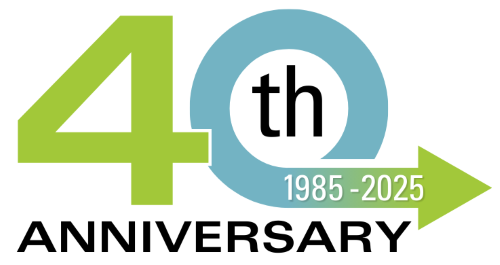Save or shred? Best practices to keep your personal documents safe at home.
It can be easy to overlook identity theft when it comes to your personal paper documents. You’re probably more concerned about the safety of your personal information online. Like many Americans, you may no longer receive paper banking statements, invoices, or bills. You might not even use checks! No matter how paperless you try to be, you can’t help but accumulate some documents that contain personal information, even if it’s junk mail. Let’s take a look at how you can protect yourself from identity theft!
What materials should you keep?
Before you get all shred-happy, let’s pause and make sure we’re on the same page. For starters, there are indeed some items you should keep, even if you have digital copies. And yes, you will want to keep these items forever! So get a nice little fire safe, toss a few folders in there, and file the following:
Now you’ll have easy access to these important documents whenever you need them and you don’t have to worry about the major hassle of replacing them if they get damaged or lost.
- Social security cards
- Passports
- Marriage licenses
- Birth certificates
- Death certificates
- Insurance policies
- Wills and powers of attorney
- Deeds and titles
- Mortgage and loan materials
- Tax documents
Should you worry about identity theft from paper documents?
We don’t want to scare you, but yes! Online data breaches are a common source of identity theft but you shouldn’t give less ambitious criminals an easy way to collect your offline private information, either. Dumpster diving is fairly easy way to get ahold of someone’s personal documents. In the unfortunate case your home is burglarized, any sensitive items laying out in the open are at risk, too.
Children, the elderly, members of the military, and the deceased are all at increased risk of identity theft, but anyone with a social security number can be exploited. Looking for an easy solution? It’s simple: Shred your personal documents!
What documents should you shred?
It’s time to get down to business. You want to shred anything that contains sensitive personal information. This might mean billing statements or invoices that contain account numbers. Even just partial account numbers, when combined with your name and the name of a bank, for example, can be used to open fraudulent accounts. Plus, we all receive junk mail and it can be dangerous, especially when you consider that the U.S. Postal Service delivers more than 87 million pieces of mail each day! That’s a lot of personal information floating out there.
What specifically should you shred? Get rid of:
- Financial information: This type of data is a goldmine for thieves. Shred banking statements, offers, cancelled/voided checks, or any purchase order that contains your bank or billing information.
- Personal information: Yet another treasure trove for the unscrupulous. This includes date of birth, Social Security number, full name, address, phone number, and driver’s license number.
- Account information: Shred any documents that contain account numbers, usernames, and passwords, such as credit card statements, tax statements, and bills. Pay attention to utility, phone, and internet bills, too. Carefully handle any unemployment details, too, as there’s been a spike in unemployment fraud due to COVID-19.
- Health information: Health care fraud occurs when a person’s name or information is fraudulently used to obtain medical services, medical goods like drugs, or to submit fake claims for payment. Include medical statements, records, and even prescription drug labels in your shred pile.
- Junk mail: You might think it’s a harmless nuisance but think again. First, junk mail often includes a barcode that may contain personal identifying information. Secondly, there are many types of junk mail that contain sensitive details. Pre-authorized credit card offers, correspondence from associations or membership organizations, or mail from insurance carriers or lenders are all types of junk mail that shouldn’t be tossed in the recycling bin.
What’s the easiest way to shred my personal documents?
Now that you know you need to shred pretty much everything, what’s the easiest method to get the job done? Hire a reputable company to do the dirty work for you! DataSafe has been entrusted by countless businesses and individuals in the Portland area since 1985. We offer both one-time shredding and recurring shredding. You can drop off materials at our facility, get your materials shredded at your location, or have us pick up your boxes. You can even request a quote online! No matter what you choose, you’ll be confident that your personal information is safe and secure. Questions? Contact DataSafe 503-620-3423 at or fill out the form below. Or, learn more about our shredding services.

Get Your Quote
"*" indicates required fields

